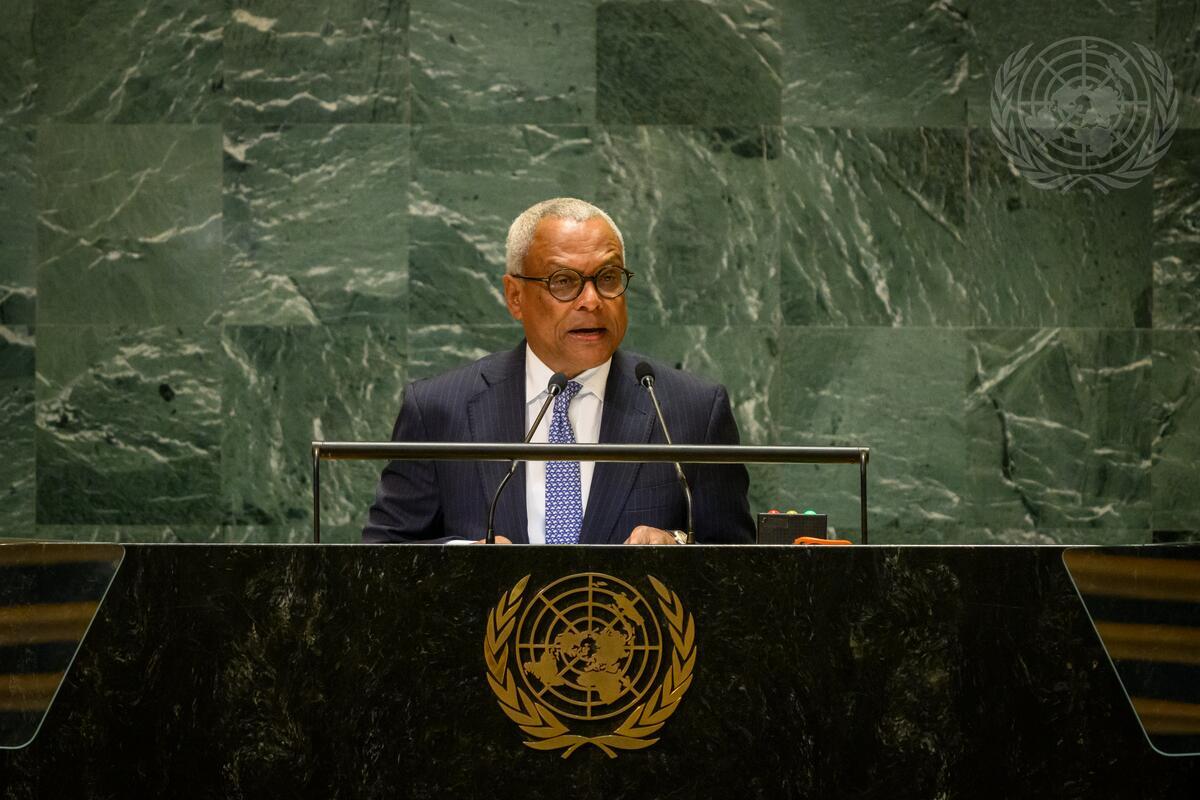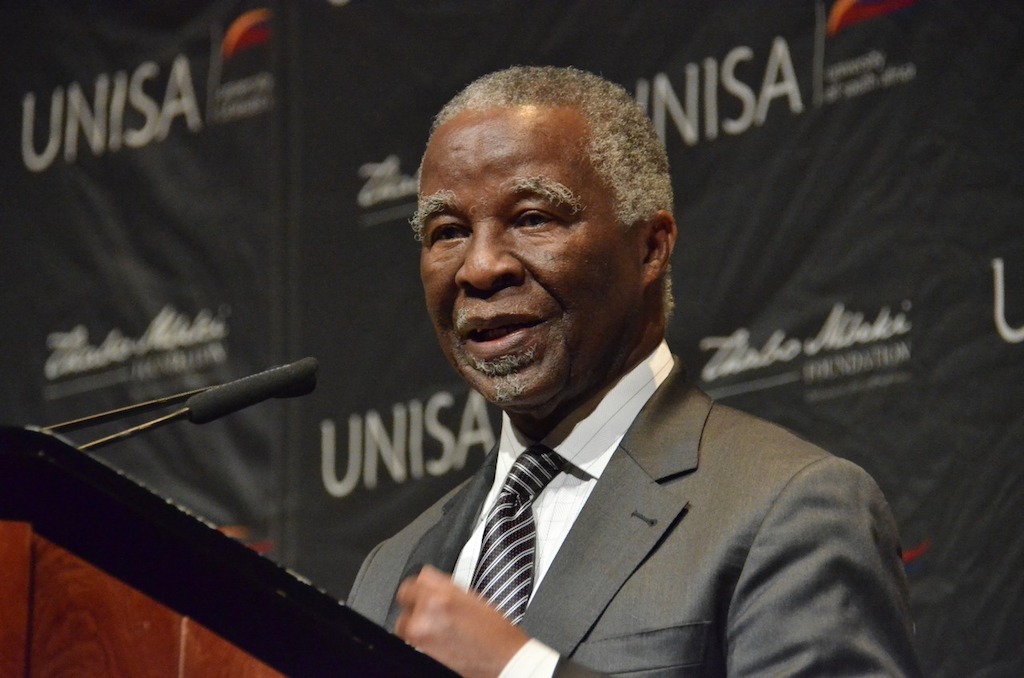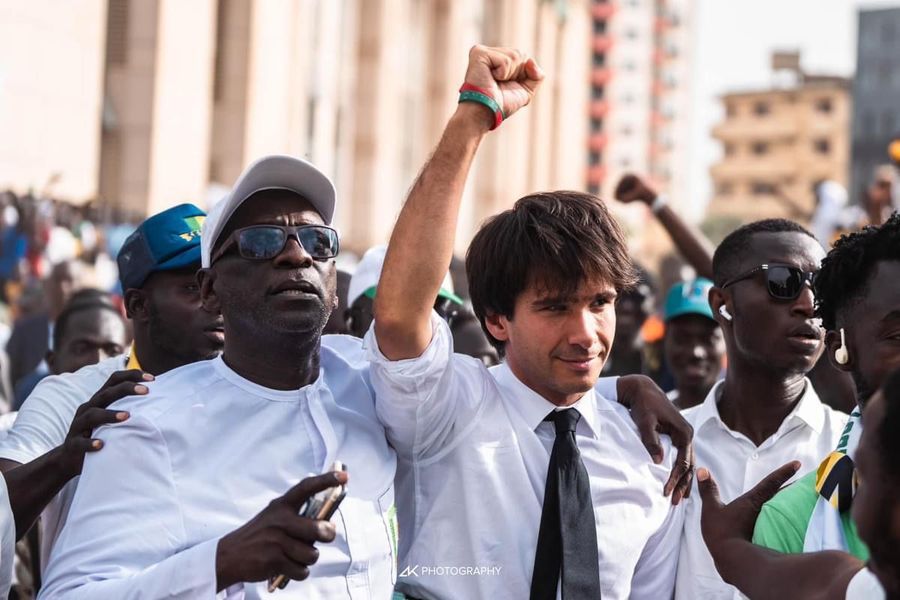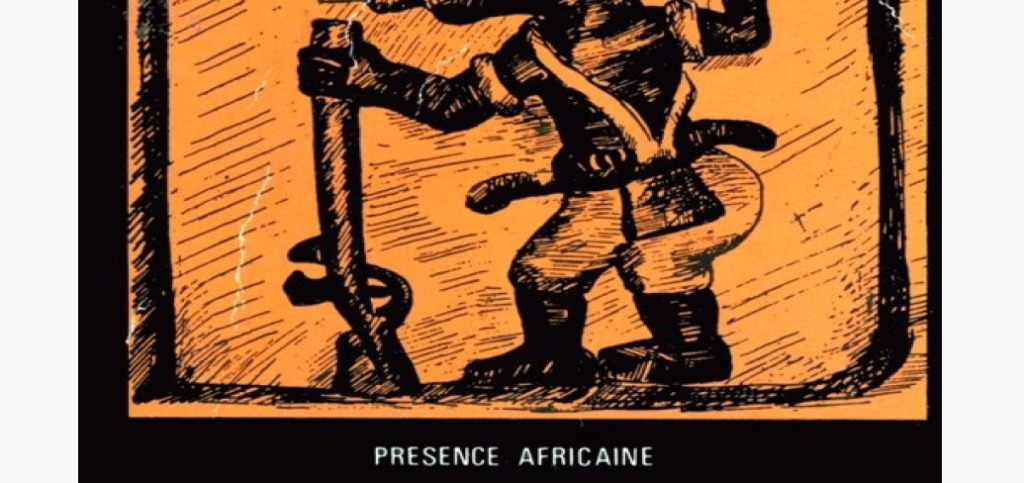Speech by His Excellency José Maria Pereira Neves, President of the Republic of Cabo Verde,
at the General Debate of the
79th Session of the United Nations General Assembly, on the theme:
“Leaving no one behind: acting together for the advancement of peace, sustainable development, and human dignity for present and future generations”
New York, 25 September 2024 (Only the pronounced is authentic)
Excellencies
Heads of State,
Mr. President of the General Assembly,
Mr. Secretary General,
Numerous armed conflicts continue to ravage various regions with devastating impacts on the populations, particularly in the Middle East, where the potential for escalation and risk of spreading are all too evident. Innocent lives are lost daily in an unrelenting and merciless cycle of violence. We urge all parties involved, alongside the international community and relevant organizations, to spare no effort to put an end to these conflicts, to commit to dialogue, and uphold the values enshrined in the United Nations Charter, International Law, and Humanitarian Law, thus allowing the gradual return to normalcy and the possibility of building a future free from the present-day destruction and indiscriminate death.
Excellencies,
At the national level, we remain committed to achieving the Sustainable Development Goals, the 2030 Agenda, and the African Union Agenda 2063. We are focused on implementing policies toward ensuring universal access to quality education and healthcare, and on fully integrating the youth into all spheres of social, economic, and political life, ensuring that future generations are equipped with the tools they need to tackle global challenges.
This year, we proudly received the certification from the World Health Organization as a malaria-free country—a comforting and encouraging testament to our commitment to health and healthcare as a fundamental right for all. While many nations, especially in Africa, are still grappling with this terrible disease, we have a unique opportunity to eradicate preventable and treatable ailments that have long plagued humanity, causing suffering, hindering progress and trapping millions in poverty. To achieve this goal, I call on the upcoming IDA21 Global Fund restructuring meeting in Paris, next month, to prioritize funding through a dedicated budget line aimed at eliminating diseases.
Microbial pathogens and antimicrobial resistance also pose significant threats to global health. Thus, understanding and managing microbial activity is crucial for addressing challenges related to disease control, food security, environmental conservation, and climate change.
In this troubled and challenging international landscape, where multiple crises continue to impact people and the planet, I reaffirm Cabo Verde’s commitment to being an active and constructive member of the United Nations, tirelessly championing the universal values contained in its Charter.
Among these crises, climate change disproportionately affects vulnerable nations, especially Small Island Developing States.
We look to COP29 to yield urgent and tangible progress on key climate issues, particularly as the deadline for significant emissions reductions approaches. Our people, especially communities in Small Island Developing States, seek bolder commitments namely from high-emission countries and swift implementation of climate policies and funding mechanisms that are not only ambitious but also equitable and effective.
The rising sea levels, also caused by climate change, require immediate attention. The challenge is multidimensional and extends far beyond island and coastal populations: it affects all continents and regions, leaving no one immune to this catastrophe in the making. We therefore welcome today’s High-Level Meeting on « Addressing the Existential Threats Posed by Sea-level Rise. »
Last year, on the sidelines of the 78th General Assembly, the Agreement on Biodiversity Beyond National Jurisdiction (BBNJ) was opened for signature, representing an international milestone in the conservation and sustainable use of marine biodiversity in areas beyond national jurisdiction, that is, in the high seas, which constitute about 60% of the world’s oceans. I am proud to say that Cabo Verde signed this agreement on its first day and is currently finalizing the ratification process.
I call on all nations who have not yet done so to also sign and ratify this important instrument for the conservation of life in our Oceans.
As an Ocean Nation, Cabo Verde has a tiny land territory in comparison to the immensity of its maritime territory; therefore, I did not hesitate to accept UNESCO’s honorable invitation to become Patron of the United Nations Decade of Ocean Science Alliance for Sustainable Development (2021-2030).
As an Ocean Nation, heavily dependent on marine resources, our role in the Ocean Decade focuses on local and global actions to promote sustainable ocean management. We have been focused on the importance of sustainable ocean management, particularly for Small Island Developing States that are very vulnerable to climate change, and the degradation of marine ecosystems. For three consecutive years, we have hosted international Ocean Conferences to foster partnerships between governments, the private sector, scientists, and civil society to advance ocean science and create innovative solutions to ocean challenges. It is important to bring together key stakeholders in order to boost collaborative solutions for the oceans, help develop research capacities to study the impact of climate change, ocean acidification, and promote knowledge sharing and technology transfer to improve ocean monitoring and observation systems.
The 4th United Nations Conference on Small Island Developing States (SIDS) successfully held last month of May. However, to ensure greater resilience and sustainability of Small Island Developing States, we must urgently begin implementation the Antigua and Barbuda Plan of Action (ABAS).
Cabo Verde remains committed to playing an active role within the SIDS community. In the first quarter of 2025, we will host a High-Level Meeting for the Atlantic, Indian, and South China Sea regions, aimed at establishing a coordination mechanism for the sub-region. At the SIDS-4 conference, we also expressed our readiness to host the 5th United Nations Conference on SIDS in 2034.
As a Small Island Developing State, we face substantial challenges that affect our macroeconomic systems. Even if we dedicated our entire State Budget to sustainable development and climate action, it would still fall short of the necessary funding targets. In most Small Island Developing States, this situation is exacerbated by a significant lack of capacity to navigate new financial tools. While reforms to the global financial architecture evolve slowly, there is an urgent need to accelerate development processes. We must swiftly and significantly scale up technical assistance and capacity-building efforts in financing sustainable development to ensure that the Global South is not left behind.
We welcome the recent approval of the Multidimensional Vulnerability Index (MVI), which is crucial, particularly for SIDS and other vulnerable groups, as it provides a comprehensive and differentiated way of assessing our development needs and challenges, enabling a broader and more accurate understanding of how various factors influence the development of countries.
In my capacity as the African Union Champion for Natural and Cultural Heritage and in line with the policies of the government of Cabo Verde, I have been tirelessly advocating for the protection, promotion, and sustainable management of Africa’s rich natural and cultural heritage, which is highly vulnerable to climate change. It is essential that we continue to raise awareness on the need to safeguard our ecosystems, historical landmarks, traditional knowledge, and intangible cultural practices. The need to promote African identity through the promotion of African languages, traditional arts, and all the plurality of cultural expressions, reinforcing the continent’s diverse cultural history and its contributions to global culture and Human heritage is vital.
The restitution of cultural assets—such as artifacts, works of art, and sacred objects— which are an integral part of the cultural identity, history, and traditions of the communities from which they originate, is of vital importance not only for Africa but fir many other regions of the world. Their removal has disrupted cultural continuity, and their return would allow preserving their cultural and spiritual integrity, as they are returned to their original environments, thus allowing local communities to reconnect with their heritage, fostering cultural pride and preserving their identities for future generations.
I am pleased to announce that in 2025 we will host a high-level meeting in Cabo Verde focused on « Atlantic Creoleness, » (or the Atlantic dimension of the Creole) bringing together Scholars of Creole Languages, Artists, Writers, Filmmakers, Men and Women of Culture, and world leaders. They will represent the plurality of geographical spaces of affirmation of Atlantic dimension of Creole, a construction of which Africans and their descendants were an integral part. This Meeting, in 2025, aims to enhance initiatives like the ‘Slave Route’ project and the ‘Decade of People of African Descent,’ as well as the United Nations Conference on Racism held in Durban in 2001. Our intention is to debate and praise Creoleness (the dimension of Creole) as a complex and very rich reality, the result of the human relationships woven between peoples of the various peri-Atlantic continents during the ocean navigations that began in the fifteenth century. From these encounters, new forms of culture and organization of society emerged, and lasted over time, representing a particularly fruitful moment of social and cultural innovation. These will therefore be intense days of academic and scientific reflection, but also of artistic demonstration, cultural exchange and reconnection, from the performing arts to Creole cuisine, to handicrafts, to music. There will also be, of course, days of strategic- political debate among decision-makers, on the dialogue between peoples and cultures and on peace and the future of Humanity.
Thank you all very much for your attention.






Laisser un commentaire
Vous devez vous connecter pour publier un commentaire.